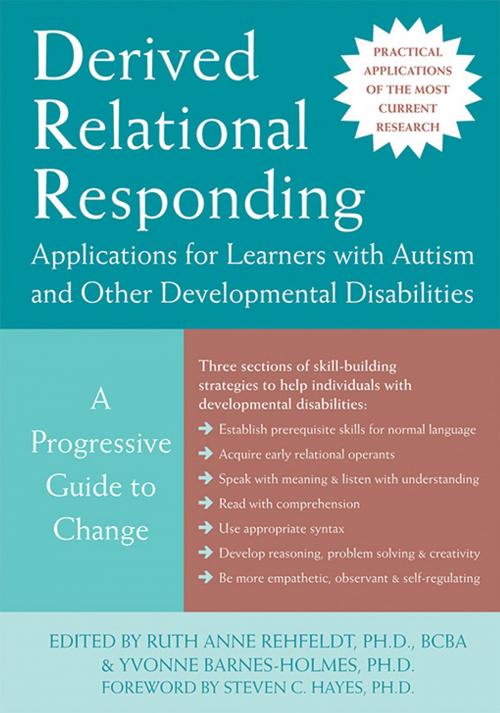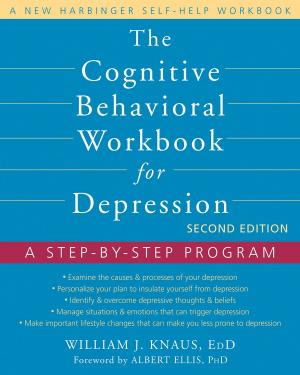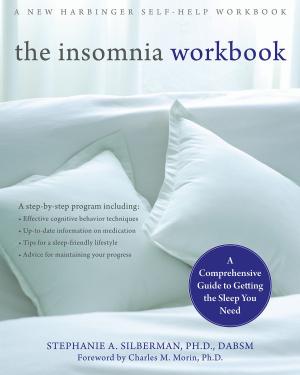Derived Relational Responding Applications for Learners with Autism and Other Developmental Disabilities
A Progressive Guide to Change
Nonfiction, Health & Well Being, Psychology, Child & Adolescent, Child Psychology| Author: | ISBN: | 9781608826391 | |
| Publisher: | New Harbinger Publications | Publication: | April 2, 2009 |
| Imprint: | Context Press | Language: | English |
| Author: | |
| ISBN: | 9781608826391 |
| Publisher: | New Harbinger Publications |
| Publication: | April 2, 2009 |
| Imprint: | Context Press |
| Language: | English |
Copublished with Context Press
Derived Relational Responding offers a series of revolutionary intervention programs for applied work in human language and cognition targeted at students with autism and other developmental disabilities. It presents a program drawn from derived stimulus relations that you can use to help students of all ages acquire foundational and advanced verbal, social, and cognitive skills.
The first part of Derived Relational Responding provides step-by-step instructions for helping students learn relationally, acquire rudimentary verbal operants, and develop other basic language skills. In the second section of this book, you'll find ways to enhance students' receptive and expressive repertoires by developing their ability to read, spell, construct sentences, and use grammar. Finally, you'll find out how to teach students to apply the skills they've learned to higher order cognitive and social functions, including perspective-taking, empathy, mathematical reasoning, intelligence, and creativity. This applied behavior analytic training approach will help students make many substantial and lasting gains in language and cognition not possible with traditional interventions.
Copublished with Context Press
Derived Relational Responding offers a series of revolutionary intervention programs for applied work in human language and cognition targeted at students with autism and other developmental disabilities. It presents a program drawn from derived stimulus relations that you can use to help students of all ages acquire foundational and advanced verbal, social, and cognitive skills.
The first part of Derived Relational Responding provides step-by-step instructions for helping students learn relationally, acquire rudimentary verbal operants, and develop other basic language skills. In the second section of this book, you'll find ways to enhance students' receptive and expressive repertoires by developing their ability to read, spell, construct sentences, and use grammar. Finally, you'll find out how to teach students to apply the skills they've learned to higher order cognitive and social functions, including perspective-taking, empathy, mathematical reasoning, intelligence, and creativity. This applied behavior analytic training approach will help students make many substantial and lasting gains in language and cognition not possible with traditional interventions.















